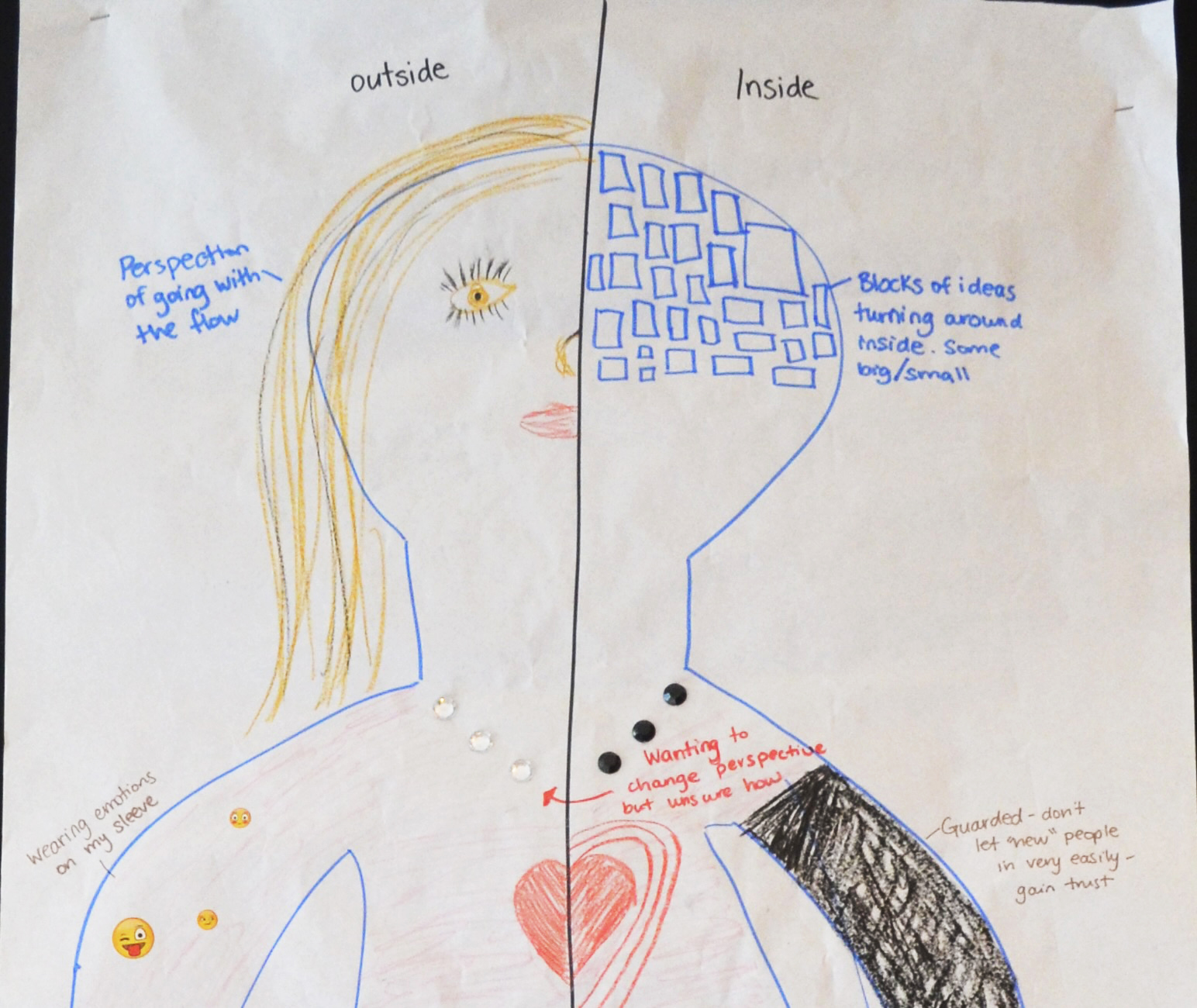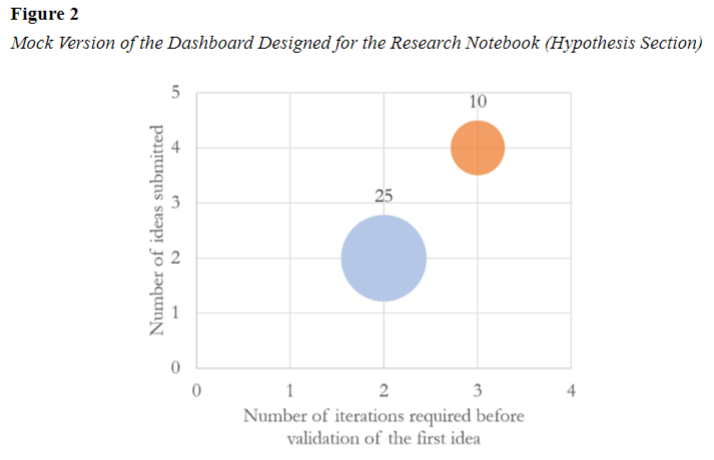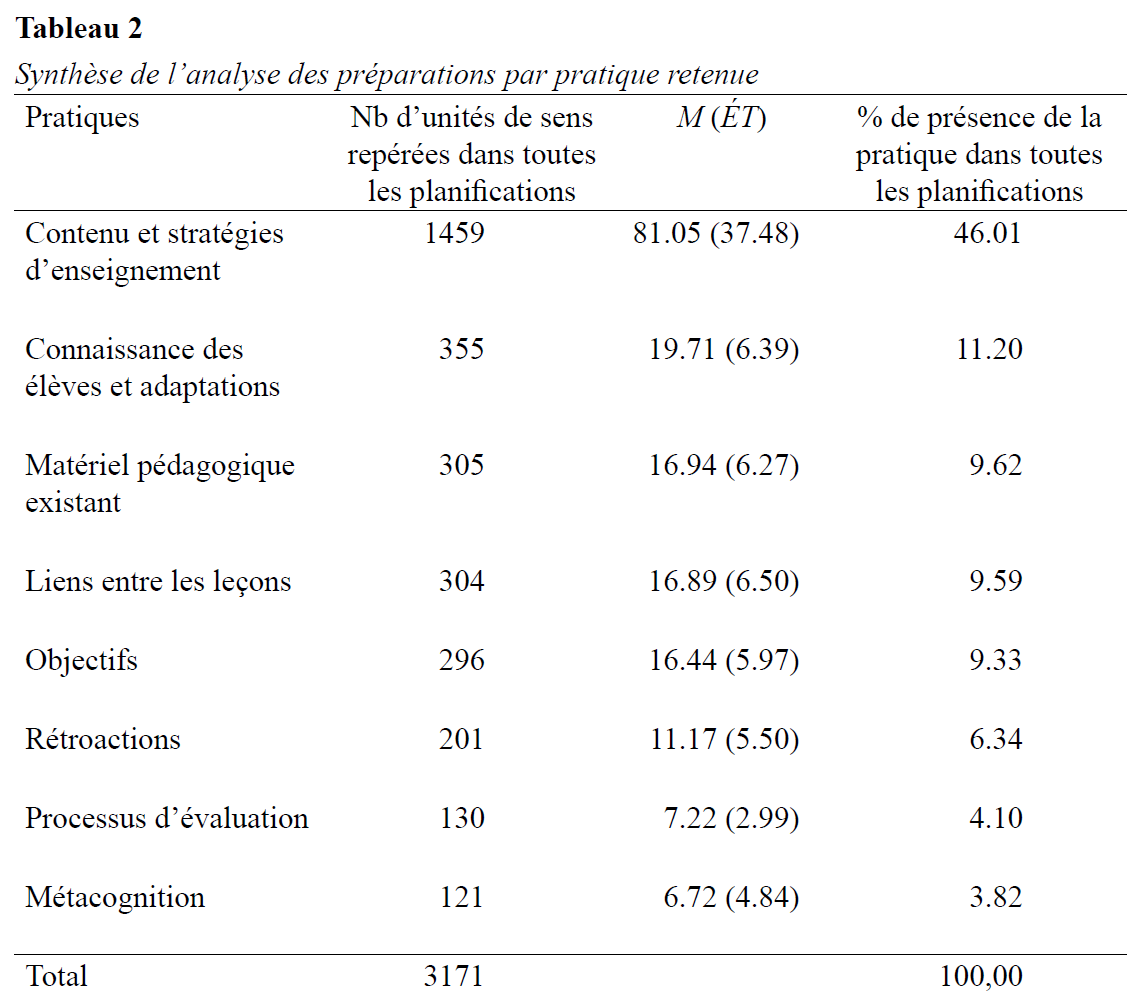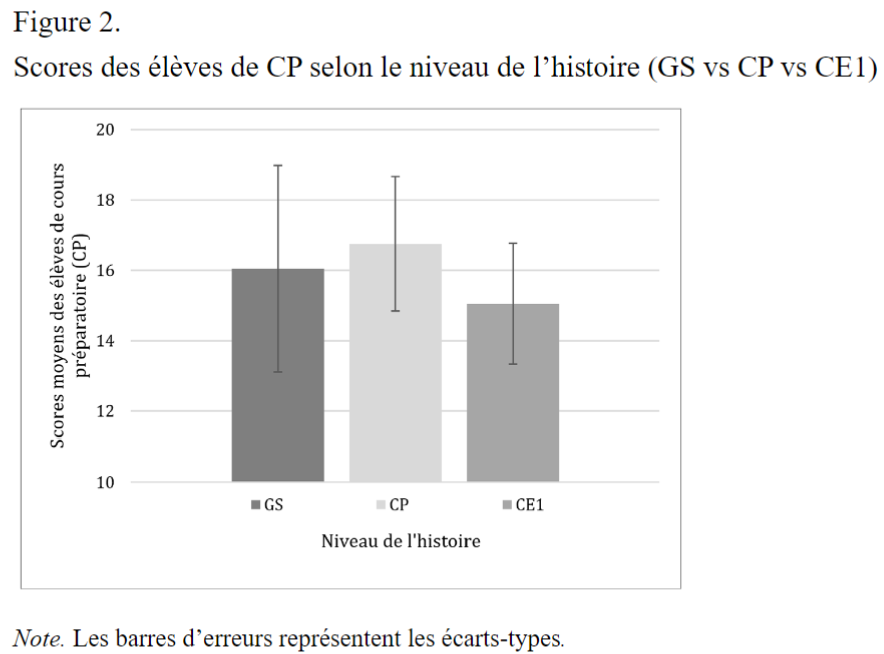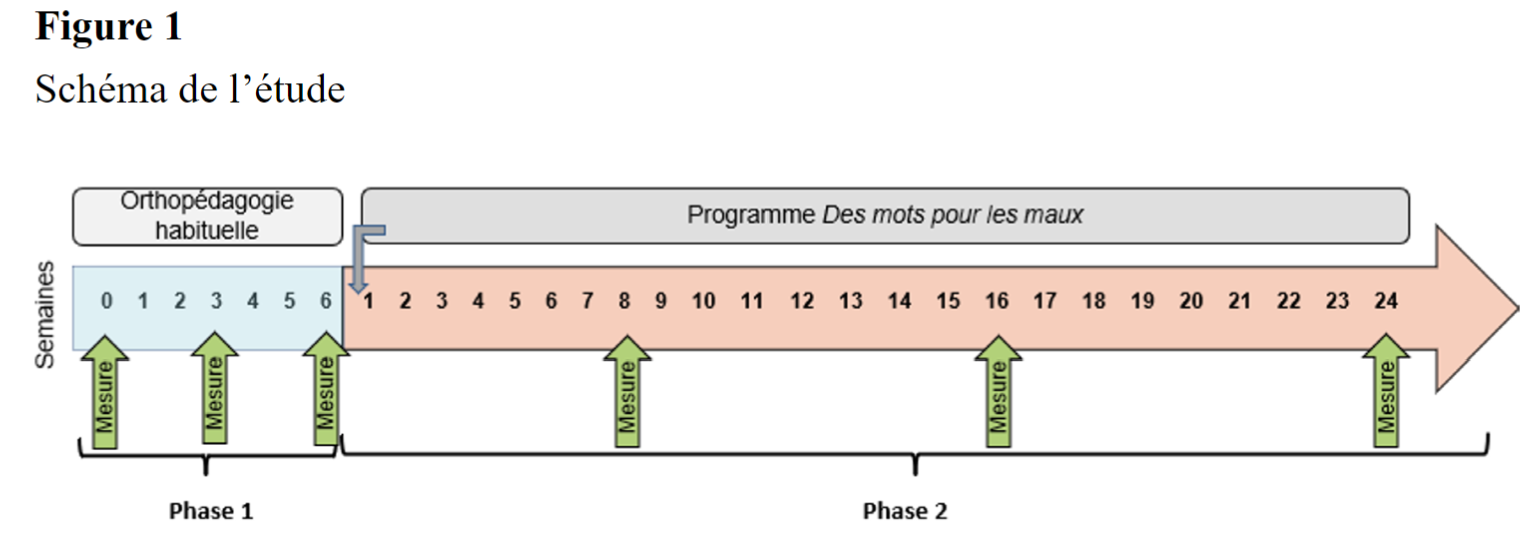New books (in English) are available for review
Are you interested in reviewing new publications? The book review editor (Anglophone), Dr. Adam Adler <adama@nipissingu.ca>, invites you to visit this google document to see the many books available for review.
Read more about New books (in English) are available for review
